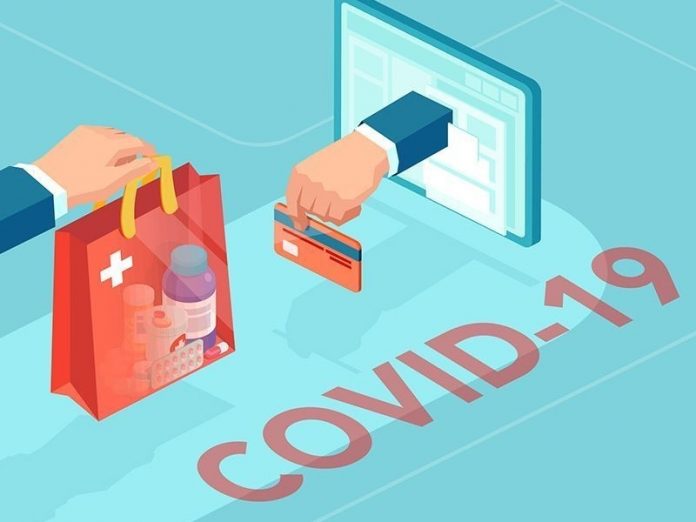It’s unfortunate that this subject needs to be discussed, but it’s just as important we do so for your benefit. As COVID-19 sweeps the world, criminals are taking advantage; Coronavirus-themed scams are cropping up each day and all are designed to part you with your money in some fashion.
Scams are extremely common in the UK as a category of crime, and criminals are hoping to profit off the panic and confusion caused by COVID-19. This despicable trend is nevertheless significant; the City of London Police announced in late March that they had seen a sudden hike of 400% in scams – and they believe the pandemic is the reason. A similar report by the UK’s reporting centre on cybercrime and fraud, Action Fraud, has already reported losses from these scams to near or exceed £1,000,000.
What types of scams are being used?
It’s important to be mindful of the fact that scammers move fast. The cybercrime and ransomware scenes change almost daily, with new and increasingly sophisticated methods being used by criminals and gangs. What’s being used today may change entirely by next week.
It isn’t just digital, though. We’re even seeing reports of criminals canvassing areas house-to-house, offering to do the shopping for people who are unable to leave the home due to quarantine and self-isolation.
That said, we’re seeing the usual methods generally being utilised. Emails remain a low-cost, high-volume way for scammers to reach their targets. The result of these is usually to convince you to open an attachment, at which time your computer can be infected with malware or ransomware. On some occasions, the few victims of these types of scams are the elderly who are more vulnerable according to Pew Research Center survey showed that 67% of seniors are now regular Internet users. The reason why it is imperative to place a preventive measure to keep them safe from cyberthreats.
Malware and ransomware
Malware can hijack your computer, lowering its performance and potentially using it to form part of a network of computers used by criminals to spread viruses. Attachments can also lock your computer, acting as ransomware wherein your data is locked behind a paywall. If you’re the victim of ransomware, remember that paying up is no guarantee and will likely encourage criminals to continue extorting you.
You can read a helpful article from Malwarebytes on ransomware and how to respond to it here.
Important points to keep in mind
There are a few fundamental points you should always be aware of that will help to protect you from scammers.
Asking you to open links: Any email from what appears to be a service provider or bank that asks you to open an attachment is most likely a scam. Organisations like banks have very clear and firm rules on this and will never send you an unsolicited email that contains an attachment for you to open.
Not using your name: It’s usually the case that scammers will have your email address, but not your name. If you receive an email from what seems to be a company you’ve bought from or use a service from, see how it’s addressed. If it says something like ‘dear customer’ instead of your name, it may be a scam. When in doubt, get in touch with the company directly to query whether the email is legitimate or not.
Quality of language: Email scams operate by sending thousands of emails out at very low cost. This justifies the low success rate; it only takes a few successful scams to make a profit. If you see spelling mistakes and formatting errors in your emails, it’s a red flag.
Suspect links and email addresses: You must check the email address of the sender and the URL of any links the email contains before you consider clicking on them. If the email looks slightly different from what it should be, it may be a scam email. In most browsers, hovering your mouse over a link of some kind will display the URL it goes to either below your mouse or in the bottom left of your browser screen. If it looks suspicious, don’t open it.
We hope that helps!
It’s important we stay safe and protected from criminals during this difficult time. The Everyday Loans team hopes this advice on identifying and avoiding scams has helped you. Be safe!


































